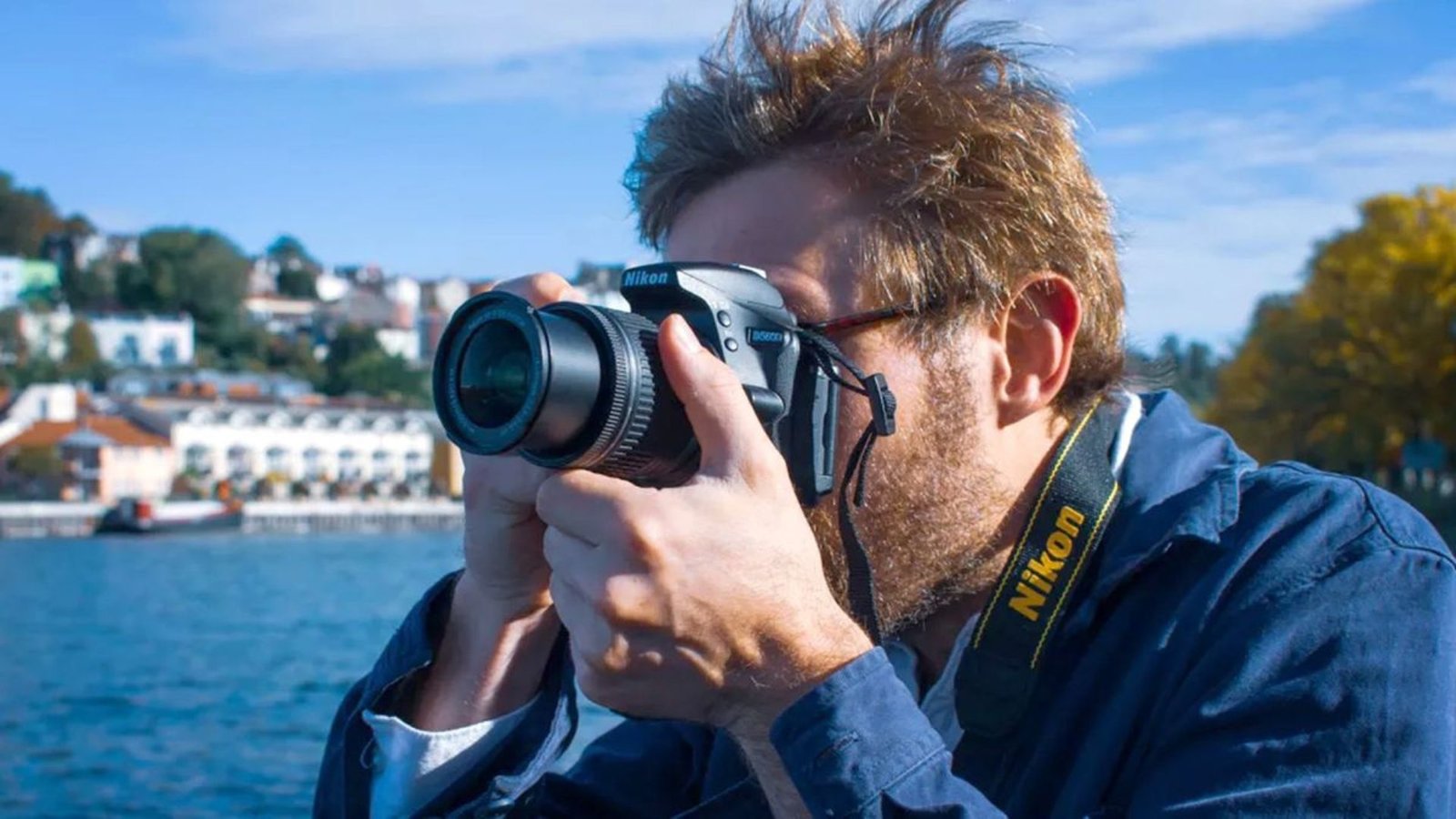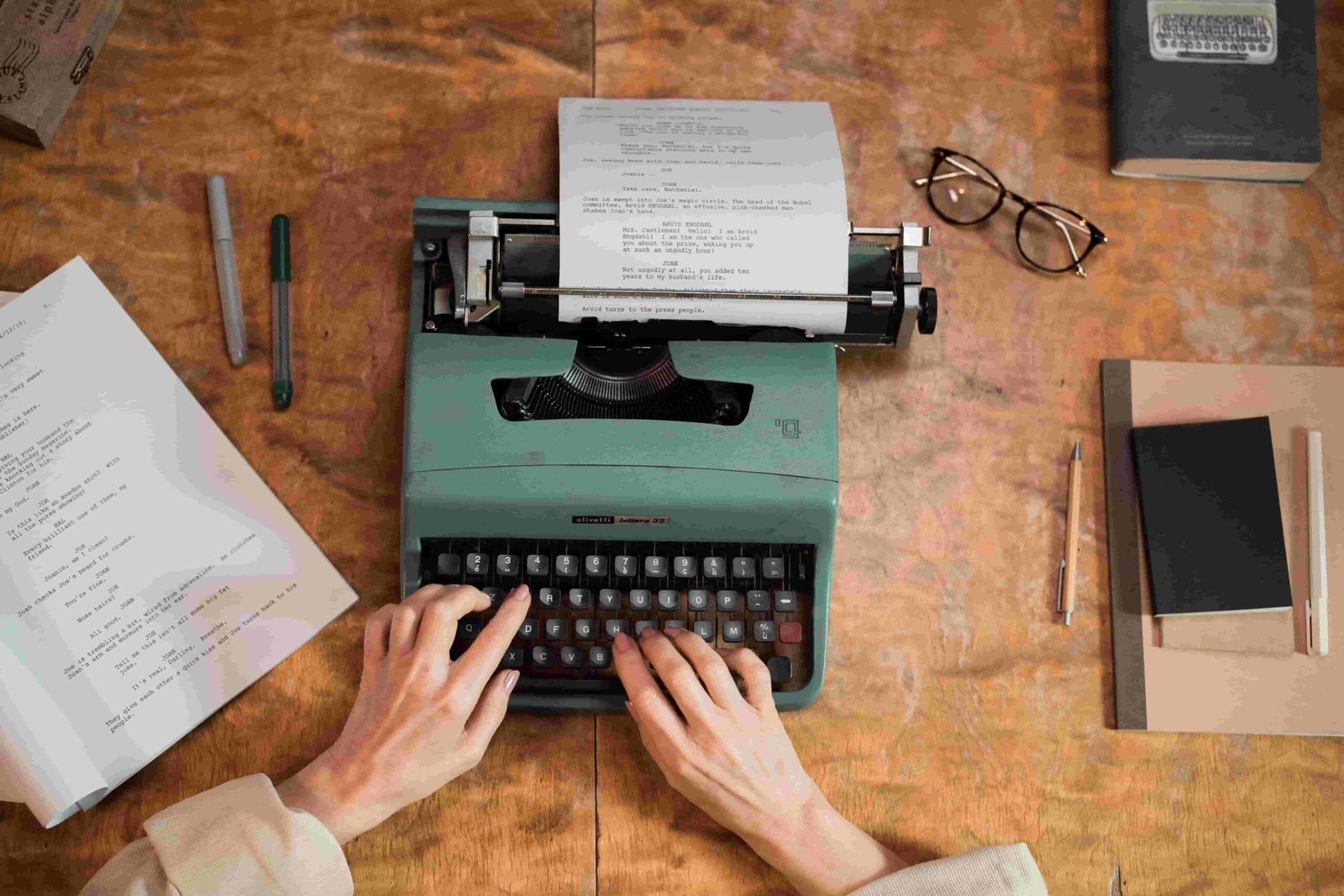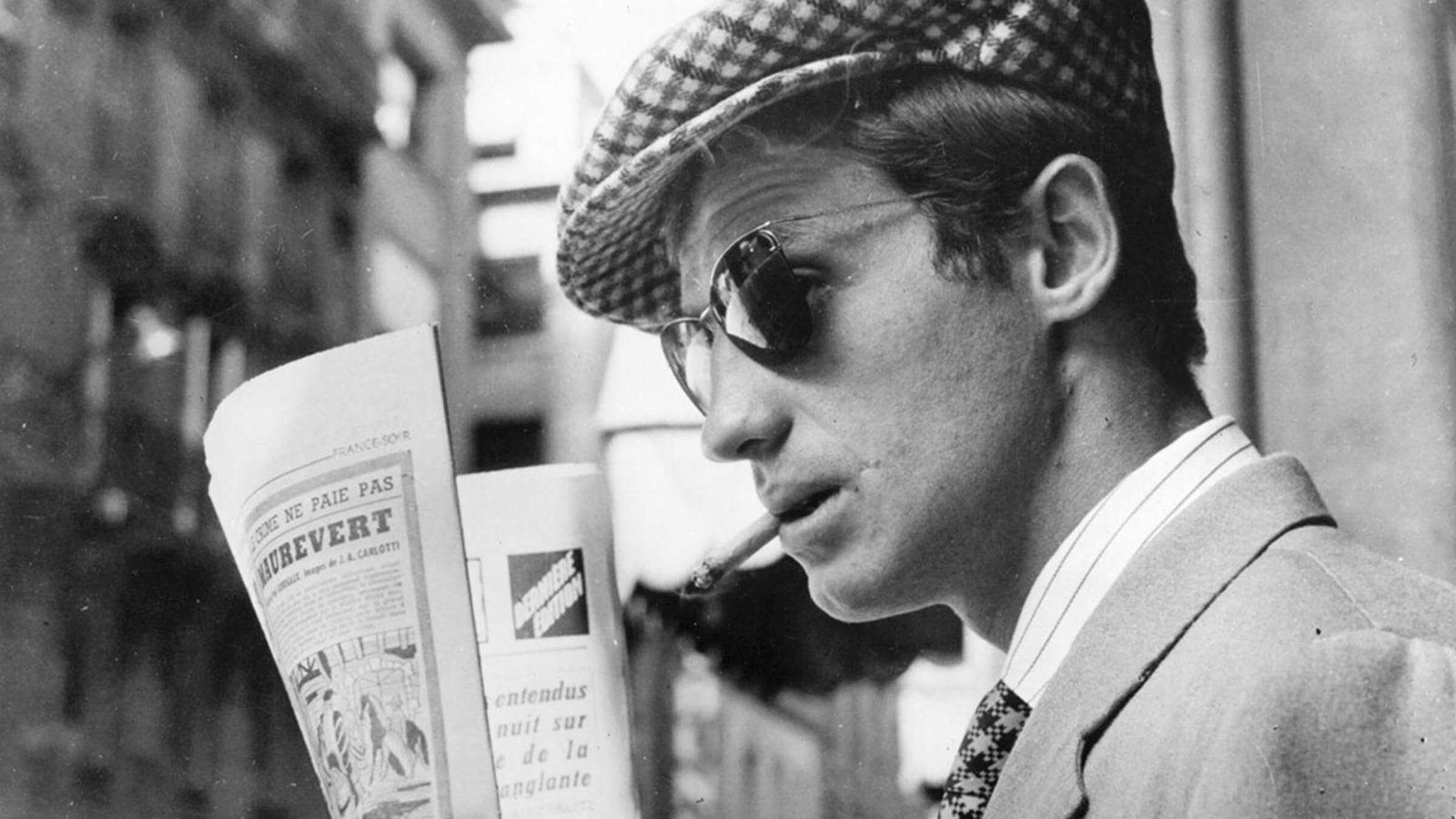Analyzing a film critically can enhance your understanding and appreciation of the art of cinema. It allows you to see beyond the surface and explore the deeper meanings, techniques, and choices that bring a story to life. Here’s a simple guide on how to analyze film critically and make your movie-watching experience more insightful.
Start with the Basics
The first step in learning how to analyze film critically is to understand its basic elements. Pay attention to the plot, characters, and setting. Ask yourself questions like:
- What is the main story about?
- Who are the key characters, and how do they develop?
- Where and when is the story set?
By focusing on these basics, you’ll build a strong foundation for your analysis.

Observe Cinematic Techniques
Filmmaking is an art form that uses visual and auditory elements to tell a story. To analyze critically, notice techniques like cinematography, sound, and editing.
- Cinematography: Look at camera angles, lighting, and shot composition. How do these choices enhance the mood?
- Sound: Pay attention to the music, dialogue, and sound effects. Do they add tension or emotion?
- Editing: Examine how scenes are cut together. Does the pacing match the film’s tone?
These technical aspects play a crucial role in how the audience experiences a movie.
Understand Themes and Messages
Critical analysis involves uncovering the deeper themes and messages within a film. Think about what the filmmaker wants to communicate.
- Is the story addressing social or cultural issues?
- What emotions or ideas is the film trying to evoke?
- Are there symbols or metaphors in the story?
Exploring the themes is key to mastering how to analyze film critically.
Evaluate Acting Performances
The actors bring the characters to life, and their performances can make or break a movie.
- Do the actors convey emotion effectively?
- Are their portrayals believable and consistent with the story?
- How do their interactions add to the film’s dynamics?
Great acting often leaves a lasting impression, making it an essential part of your analysis.
Consider the Director’s Vision
The director shapes the overall feel and meaning of the film. When analyzing, think about how the director’s choices influence the story.
- Is the director known for a specific style or technique?
- How does the director’s vision tie all the elements together?
- Does the film align with their previous works?
Understanding the director’s role helps you see the movie as a cohesive artistic creation.
Reflect on Your Personal Response
Finally, consider how the film affected you personally. Critical analysis isn’t just about technical details; it’s also about your connection to the movie.
- Did the film evoke strong emotions or thoughts?
- Was the story relatable or thought-provoking?
- Would you watch it again or recommend it to others?
Your personal response adds depth to your understanding of how to analyze film critically.
Conclusion
Learning how to analyze film critically can transform your movie-watching experience. By focusing on basic elements, cinematic techniques, themes, acting, and the director’s vision, you’ll uncover layers of meaning in every film. So next time you watch a movie, dive deeper and enjoy the art of critical analysis.











